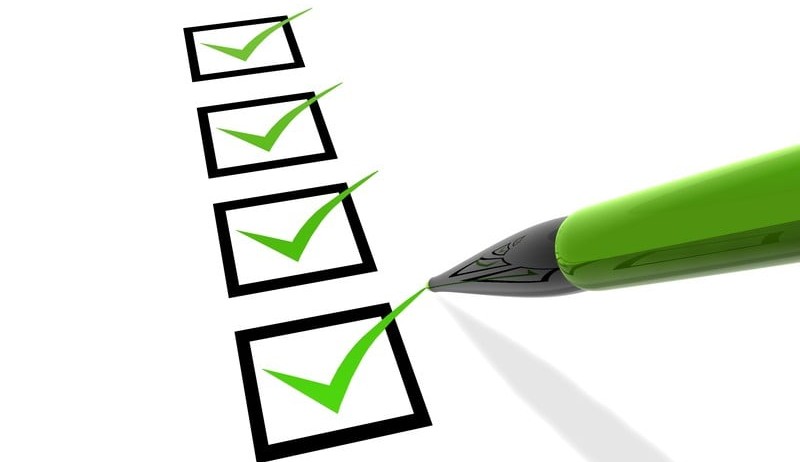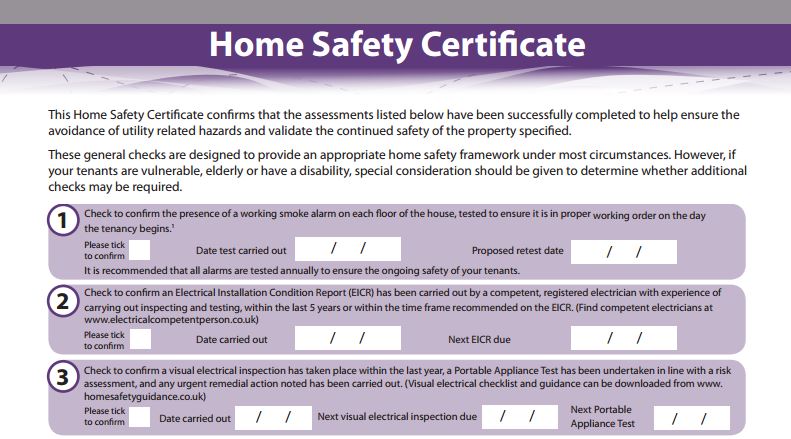Support grows for Landlords Home Safety Certificate

Safety in private rental homes is a growing issue, with over 500,000 children living in category 1 hazard homes. Millions of tenants across the country are affected by lack of safety checks, with a staggering 1.7 million private renters reporting electrical concerns, which were either ignored or acted on too slowly by landlords.
With safety standards falling, the demand has grown for more safety measures to be put in place for rental properties, without increasing regulations. Currently, it is only recommended that landlords carry out an Electrical Installation Condition Report (EICR) on the rental property every 5 years.
In December 2015, Scotland became the first in the UK to make it a legal requirement for landlords to make sure that their properties are electrical safe and supply tenants with proof.

Home Safety Certificate
Support for the Home Safety Certificate, created by the Electrical Safety Roundtable, grew rapidly following a Westminster event in December 2015. The event aimed to showcase the new home safety certificate, promote the benefits and give guidance for landlords.
The certificate aims to demonstrate to the tenant and estate agents that comprehensive checks have been made to ensure the safety of tenants. Landlords will also benefit from the certificate, as they now have a clear understanding of their responsibilities.
The certificate covers a range of aspects that make up a safe home, such as: working smoke alarm; Electrical Installation Condition Report (EICR), PAT testing, valid Gas Safety Certificate, working carbon monoxide alarms, etc.
All of the assessments listed in the Home Safety Certificate are to help avoid utility related hazards, but also to help validate the continued safety of the property. Additional checks are also advised in the certificate, such as making tenants aware of fire escape routes, installation of safety devices for blind cords and fall prevention risk assessment.
Charlotte Lee, of Electrical Safety Roundtable, stresses the importance of the Home Safety Certificate, explaining how it “safeguards tenants and empowers landlords to make informed choices”.
If you are a landlord, download the Home Safety Certificate now to find out what risk assessments and checks you should be making in your properties, to ensure it is safe for your tenants to live in. If you are tenant, make sure you know what your rental responsibilities are and what to do in an emergency.
If you interested in finding out about electrical safety in rental properties, then take a look at our Electrical Safety Guide for Landlords and Tenants!
Back to blog



